ESSEC transition talk

How can organizations be reinvented with a view to ecological and social transition?
The Social and Ecological Innovation Center offers you a series of meetings where you can cross-reference the experiences of organizational leaders with the views of ESSEC professors.
Manger en 2050: Une grande distribution zéro déchets: cap ou pas cap?
Replay from April 29, 2025
Discussion between Pauline Guillaume, CSR Manager at Carrefour, and Félix Papier, Professor of the Circular Economy Chair at ESSEC.
Eating in 2050: Agroecology and organic food for all: sweet dream or reality?
March 25, 2025 replay
Discussion between Matthieu Calame, Director of the Fondation pour le Progrès de l’Homme, Alain Crochot, market gardener in Cergy and Olivier Fourcadet, Professor of the Food Business Challenges Chair at ESSEC.
Eating in 2050: Is eating a right?
Replay from March 4, 2025
Discussion between Dominique Paturel, researcher, ex-INRAE, specialist in food democracy, and Anne-Claire Pache, full professor of social innovation at ESSEC.
Eating in 2050: Are we doomed to techno-food?
Replay from February 11, 2025
Discussion between Foucauld Peuchot, co-founder of startup Nudj, and Olivier Fourcadet, co-holder of the Food Business Challenges chair.
Conference "Understanding power dynamics to transform the world" by Julie Battilana
October 10, 2024 replay
At this conference at the École des Mines de Paris, Julie Battilana, Professor of Social Innovation at Harvard University, presented an outline of her book “Le Pouvoir, pour Tous!”, co-written with Tiziana Casciaro.
Drawing on academic research, the authors show that power is not a matter of intrinsic individual characteristics, and is not reserved for those who come from privileged social groups (who therefore already hold power). Contrary to a vision of power as distant, mysterious and unattainable, they show that anyone can influence the course of things.
Agricultural and food transition: how to move towards a resilient agrosystem?
May 14, 2024 replay
Discussion between Olivier Fourcadet, ESSEC Food Business Challenges Professor, and Hélène Frey, Groupe InVivo Strategic Marketing Director.
Innovation and the circular economy: what new business models?
Replay of April 23, 2024
A look back at the dialogue between Félix Papier, Professor of the Circular Economy Chair at ESSEC, and Catherine Chevauché, Director of Circular Economy at Veolia.
Companies with a Mission: revolution or greenwashing?
March 19, 2024 replay
Anne-Claire Pache, Professor of Social Innovation at ESSEC, talks to Emery Jacquillat, Chairman of Camif and co-founder of the Community of Companies with a Mission.
Energy transition: where do we stand worldwide?
Replay of February 27, 2024
For this first meeting of 2024, Bernard Leca, Professor of the “Talents de la Transition Ecologique” Chair at ESSEC, and Tanguy de Bianassis, Energy and Climate Investment Analyst at the International Energy Agency, have joined forces.
Together, they offer an overview of the global energy transition, providing essential insights into the context in which organizations are evolving.
Are non-profitable companies a solution for the transition?
Replay from June 12, 2023
For this first event, Anne-Claire Pache, the School’s Director of Social Commitment and Strategy, and Professor of Social Innovation at ESSEC, talks to Matthieu Grosset, Managing Director of the Demain cooperative group, which specializes in materials recovery, eco-renovation and construction, and professional integration.
They discuss the challenges and strategies of companies that are not looking to make a profit, but to combine social and environmental impact with economic balance on a day-to-day basis.
Can we change the world without changing the way we measure performance?
March 22, 2023 replay
Social and environmental transitions are now a matter of urgency, and many organizations have made, or now wish to make, this shift.
At a time when we are hearing more and more about impact, and witnessing the development of a wave of so-called “impact players”, funders’ heightened expectations regarding the effectiveness of the solutions they support, and the need for stakeholders to better understand their effects in order to better steer their actions, are contributing to the gradual spread of a culture of social and environmental impact assessment.
Will the transition be successful without making this practice widespread and a central steering tool for organizations, on a par with accounting?
Can we finally “change the world” without changing the way we measure performance?
We brought together a wide range of players – social entrepreneurs, funders, local authorities, major groups and researchers – to discuss this issue.

